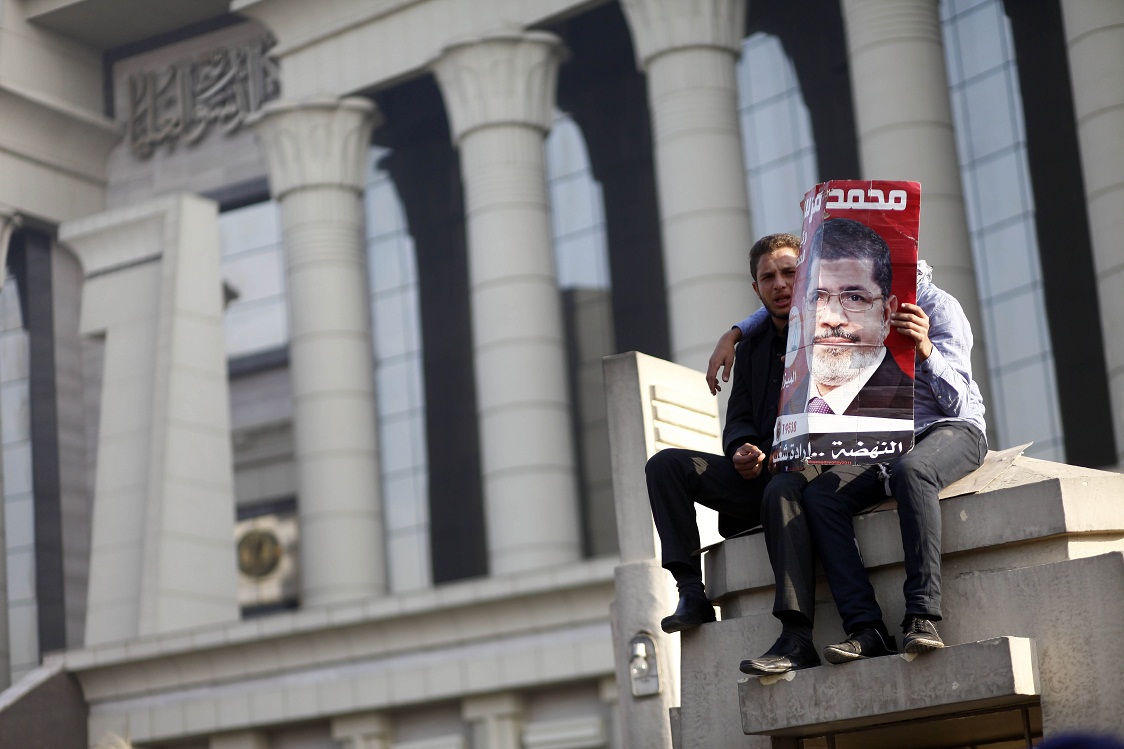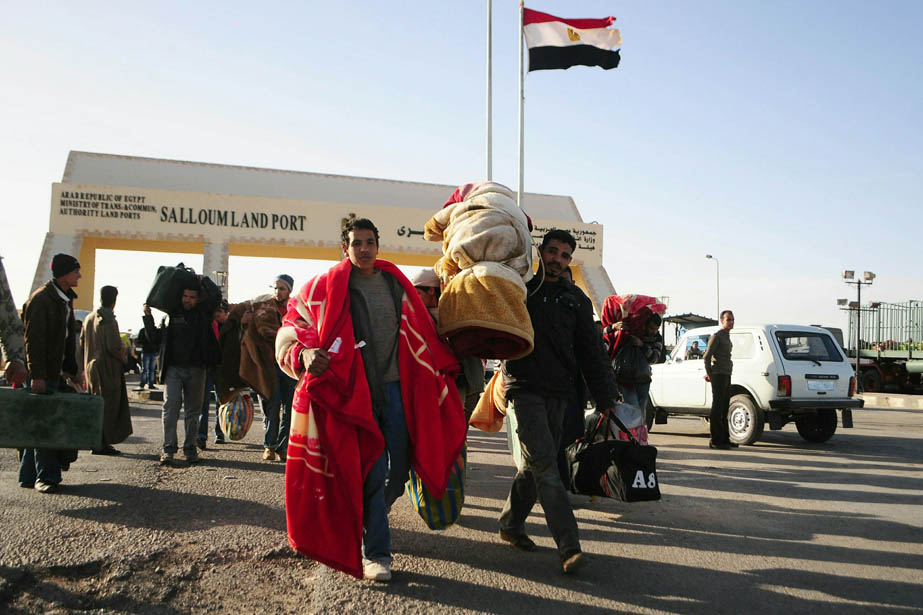CAIRO: Protecting intellectual property is an intricate challenge. In the world of copyrights and patents, stealing is not a direct physical action involving an object or an individual; it is a simple, unobtrusive process in which, with the push of a button, zeros and ones are transferred and within moments the culprit has the latest software or a new hit song.
But this seemingly innocuous process, say proponents of strict intellectual property laws, encroaches on the livelihood of musicians and programmers and drains the creative energy of society. It is in the interest of any society, whether in terms of development of law or culture, to protect its intellectual output, says Nasser Khasawneh, regional legal advisor to the Business Software Alliance (BSA), an association of software companies based in the United States. We are in an age of the knowledge worker and the knowledge economy, where the more you protect these ideas and intellectual output, the better it is for the economy.
In Egypt, according to a study by research firm IDC, the software industry was worth $560 million in 2004 and approximately two-thirds of all software used in the country is illegal. IDC estimates that if the rate of piracy is reduced by 15 percent in the next three years, the software industry could grow by 91 percent, creating 4,300 new jobs. Reducing piracy delivers indirect benefits as well, says BSA President Robert Holleyman. Society benefits from new technological innovations. Consumers benefit from more choices and greater competition. Internet users benefit from new ways of communication and expanded creative content made available online. And national economies benefit from enhanced productivity leading to higher standards of living.
Businesses and governments have historically been the biggest abusers of software licenses. The business software industry’s worst piracy problem traditionally has involved its primary users like large and small corporations, government and other enterprises, that pirate our members’ products by making additional copies of software for their own internal usage without authorization, says Holleyman.
Since the passage of the intellectual property law in 2002, the government has stringently curbed its own use of illegal software. In Egypt, the government has very good policies in place to ensure that its use of software complies with the law and sets the right example, says Holleyman, adding that this forms the foundation for general compliance with copyright laws.
However, enforcement of the law amongst corporate users continues to be a challenge. The BSA endorses augmenting the intellectual property law with explicit ex parte search authority, which would allow police or the BSA itself to carry out searches of companies without forewarning. Permission to inspect the premises of a company would be granted by a court after evidence is presented in a closed session. Holleyman explains that such secrecy is necessary because evidence of piracy can be easily disposed of, by erasing copied software, if notice is provided in advance.
Unlike piracy, in which the perpetrators are isolated individuals or companies, counterfeit software is a organized global criminal activity akin to the illicit drug trade. As such, combating counterfeit software requires long-term investigation and coordination between customs and police in different countries. One of the challenges in the region is that the investigative nature of counterfeiting work is still not as strong as it should be, says Khasawneh.
The BSA held a conference in Cairo this week to discuss anti-counterfeit measures. Amongst the suggestions was the creation of specialized intellectual property units at crucial border points in each country in the region. Such a unit already exists in the United Arab Emirates.
Another popular suggestion was the formation of a specialized committee in the Arab League that would facilitate coordination between police in member countries. While implementing such an idea requires political will, Khasawneh explains that the growth of software businesses in the Arab world increases the economic justification for closer cooperation on enforcement of intellectual property laws.



